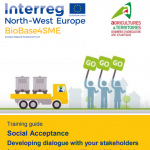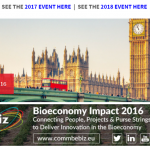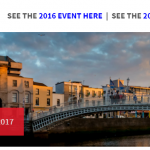BE-Rural: Concept for a pop-up store with bio-based products and participatory events
BE-Rural aims to realise the potential of regional and local bio-based economies by supporting relevant actors in the participatory development of bioeconomy strategies and roadmaps.
This BE-Rural report introduces the concept of bio-based pop-up stores and explains why it is a suitable instrument to inform about the bioeconomy and aspects of the larger sustainability debate. Bio-based pop-up stores will be organised in each of the BE-Rural target regions (Stara Zagora in Bulgaria, Vidzeme and Kurzeme in Latvia, Strumica in North Macedonia, Szczecin Lagoon and Vistula Lagoon in Poland, and Covasna in Romania).
The report explains how the pop-up store is embedded into the larger BE-Rural project framework and explains how it will contribute to achieving the project objectives. The report provides design visualisation examples and lists potential educational materials (publications, videos, apps, games etc.), which will be made available to guests alongside the exhibits. The report’s annex presents a list of bio-based products that are currently considered to be included in the pop-up stores.



